Date: March 13 - 14, 2025
Location: Institute of Pathology, University Hospital Heidelberg, Heidelberg, Germany
Organized by: COST Action CA22125 - Precision-BTC-Network
Target Audience: Early-career researchers, clinicians, pathologists, biomedical scientists, PhD students and postdoctoral fellows.
The recent training school on Histopathological and Molecular Methods in Biliary Tract Cancer (BTC) Modelling and Their Clinical Context brought together an interdisciplinary group of researchers and clinicians for a deep dive into one of the most challenging and understudied cancers in oncology: biliary tract cancer. Over the two-day training, participants explored state-of-the-art approaches in BTC diagnosis, modelling, and translational research with direct relevance to clinical practice.
This intensive training school was designed to:
- - Provide hands-on experience in histopathological analysis and molecular techniques applied to BTC.
- - Highlight the use of preclinical models (including organoids, xenografts, and genetically engineered mouse models) for studying BTC pathogenesis and therapeutic response.
- - Bridge the gap between laboratory research and patient care by focusing on clinically actionable insights.
- - Foster collaboration between academic institutions, clinical centers, and biotech partners engaged in BTC research.
The program featured lectures, laboratory sessions, and case discussions with topics including:
- - Histopathological classification of biliary tract tumors: Participants examined biopsy and surgical specimens under expert guidance, gaining familiarity with cholangiocarcinoma subtypes and intrahepatic versus extrahepatic lesions.
- - Molecular characterization and biomarkers: Emphasis was placed on next-generation sequencing (NGS), liquid biopsy, and the emerging role of molecular signatures in BTC subtyping and prognosis.
- - Clinical case studies: Real-world clinical cases were discussed, illustrating how histopathological and molecular data guide treatment decisions, including the use of targeted therapies and immunotherapy.
Several internationally recognized experts contributed to the school, including:
- - Dr. Stephanie Roessler, Dr. Tim Kendall, Dr. Guido Carpino, Dr. Ed Jarman, Dr. Sophie McHaffie, Dr. Michael Dill, Dr. Christoph Springfeld, leading figures in biliary cancer pathology, gastroenterology, oncology and basic research, presented on diagnostic pitfalls and emerging classifications offering insight into precision oncology approaches in BTC and recent findings from BTC-related therapeutic clinical trials.
Attendees praised the training for its practical value and cross-disciplinary approach.
"I particularly appreciated the opportunity to observe histological slices in the lab, which provided valuable hands-on insight. I also found the flipped-up session on clinical trials very engaging and informative. Additionally, the presentations that covered BTC in detail were extremely helpful for understanding the broader context of the topic. The session on molecular pathology techniques was also very informative and wellstructured."
“This COST Action initiative is fantastic for engaging young researchers and providing them with valuable opportunities to grow and connect within the scientific community.”
"I am very interested in the histological features of cholangiocarcinoma, as well as getting started with QuPath, so I really learned a lot from the course. Also, it was my first time attending a Precision-BTC event, so I really enjoyed meeting some of the COST action members in person and loved being part of this community."
"I would just like to thank you for the opportunity to attend this event."
The success of this training school reinforces the need for continued investment in BTC-focused education and research. Organizers are already planning follow-up workshops on emerging technologies in BTC.
With BTC representing a significant diagnostic and therapeutic challenge, training initiatives like this are critical. By equipping the next generation of researchers and clinicians with cutting-edge tools and a collaborative mindset, the fight against BTC can move forward with renewed momentum.

.png)
